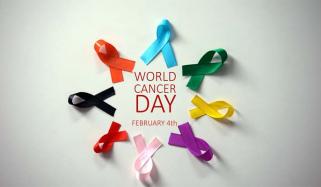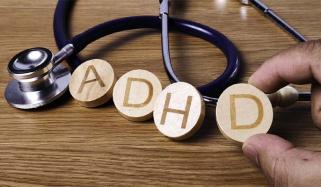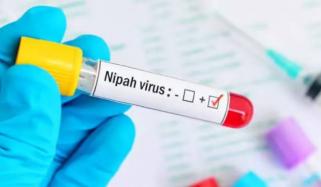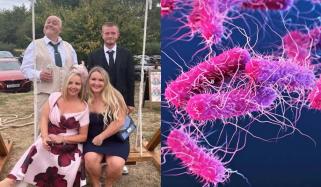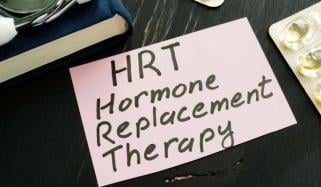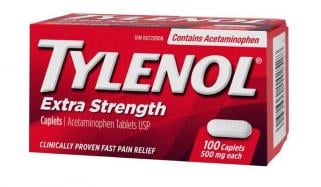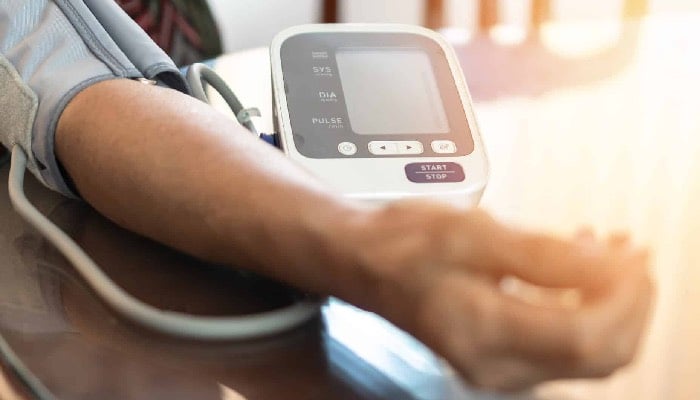
High blood pressure, or hypertension, is a common condition among the elderly that can lead to serious health issues if not properly managed.
Early detection and treatment are key to preventing complications such as heart disease, stroke, and kidney damage.
Silent killer:
High blood pressure is often called the "silent killer" because it typically doesn’t cause noticeable symptoms.
Many people only discover they have it during routine doctor visits.
However, certain signs can indicate high blood pressure, especially in older adults.
Common symptoms:
Headaches:
Persistent and severe headaches, especially at the back of the head or neck, can be a symptom.
Dizziness:
Feeling lightheaded, particularly when standing up quickly, may be linked to high blood pressure.
Vision problems:
Blurred vision or seeing spots could signal hypertensive retinopathy, caused by damage to blood vessels in the eyes.
Shortness of breath:
Difficulty breathing can occur when the heart struggles to pump blood against high pressure, leading to fluid buildup in the lungs.
Nosebleeds:
Frequent or severe nosebleeds may indicate very high blood pressure.
Fatigue and confusion:
High blood pressure can lead to tiredness, weakness, and cognitive difficulties due to insufficient blood and oxygen supply to the heart and brain.
Chest pain:
Pressure or pain in the chest could be a sign of angina or a heart attack.
Swelling (Edema):
Fluid accumulation in the legs, ankles, or feet can cause discomfort and mobility issues.
Importance of regular monitoring:
Regular check-ups and blood pressure monitoring are crucial since many people with high blood pressure do not experience noticeable symptoms.
Recognizing and addressing symptoms early can help manage blood pressure effectively and prevent serious complications.
By staying vigilant and seeking medical advice when symptoms occur, older adults can better manage their blood pressure and maintain overall health.



